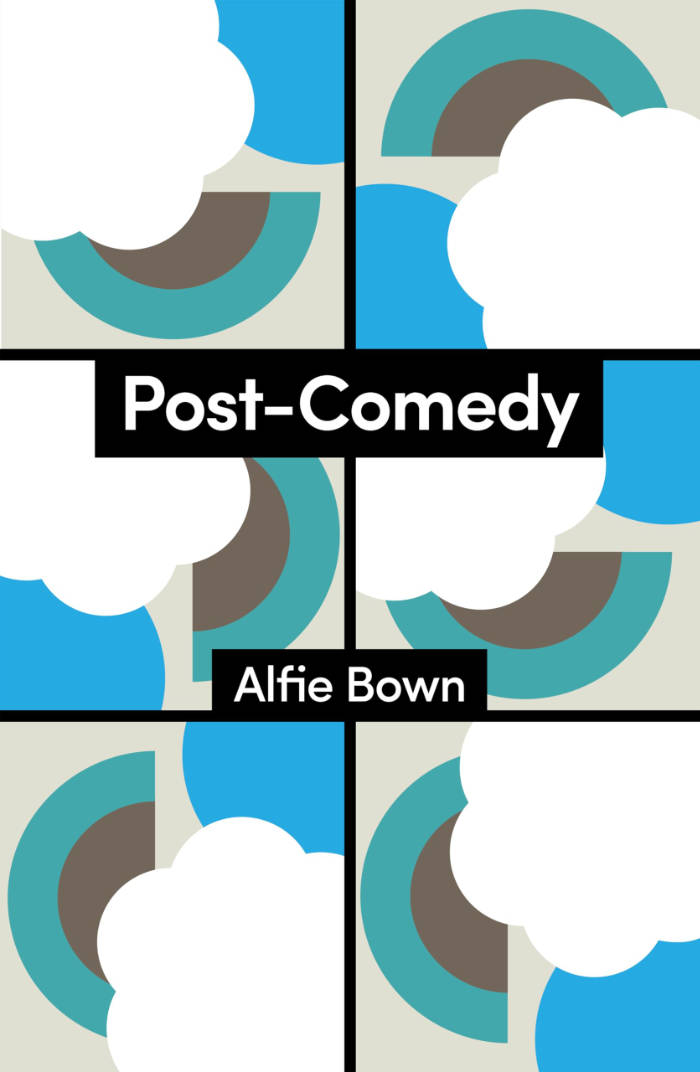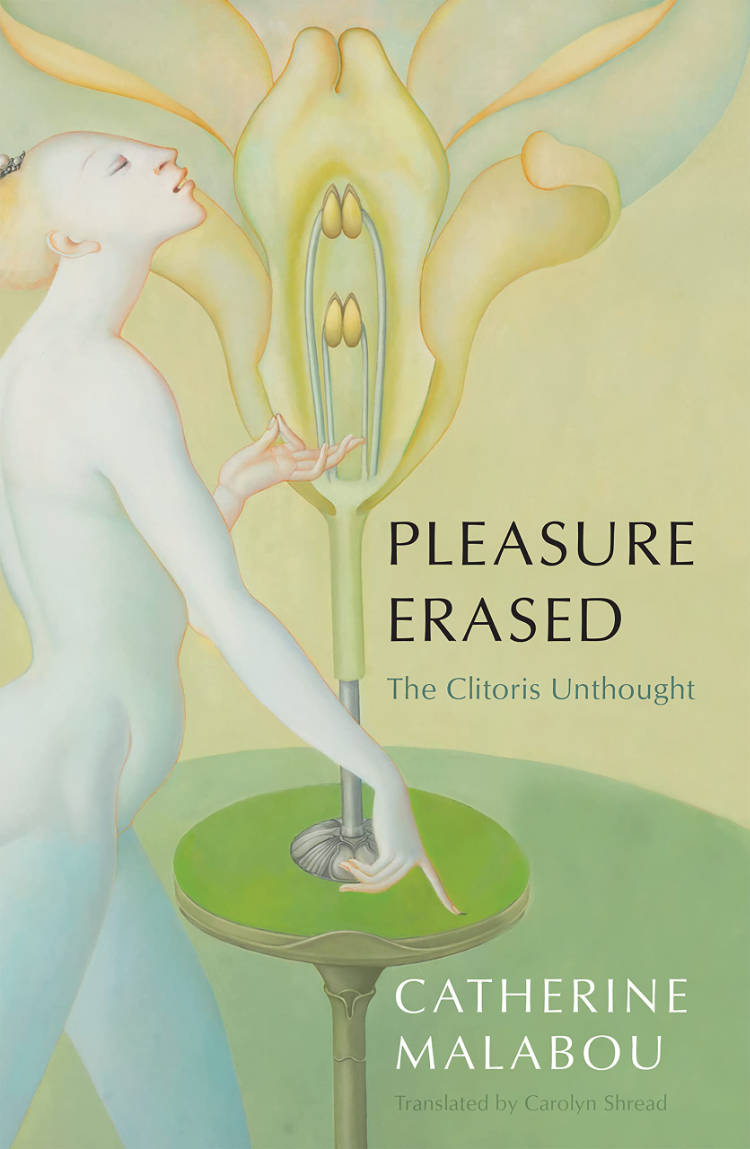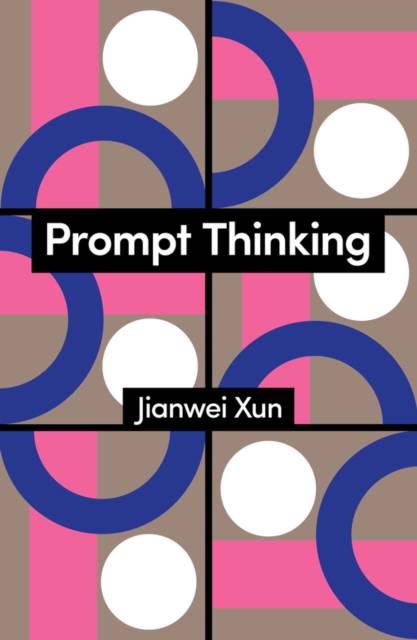
Disavowal
This book argues that the psychoanalytic concept of disavowal best renders the structure underlying our contemporary social response to traumatic and disturbing events, from climate change to unsettling tectonic shifts in our social tissue. Unlike denialism and negation, disavowal functions by fully acknowledging what we disavow. Zupancic contends that disavowal, which sustains some belief by means of ardently proclaiming the knowledge of the opposite, is becoming a predominant feature of our social and political life. She also shows how the libidinal economy of disavowal is a key element of capitalist economy.
The concept of fetishistic disavowal already exposes the objectified side of the mechanism of the disavowal, which follows the general formula: I know well, but all the same, the object-fetish allows me to disregard this knowledge. Zupancic adds another twist by showing how, in the prevailing structure of disavowal today, the mere act of declaring that we know becomes itself an object-fetish by which we intercept the reality of that very knowledge. This perverse deployment of knowledge deprives it of any reality.
This structure of disavowal can be found not only in the more extreme and dramatic cases of conspiracy theories and re-emerging magical thinking, but even more so in the supposedly sober continuation of business as usual, combined with the call to adapt to the new reality. To disrupt this social embedding of disavowal, it is not enough to change the way we think: things need to change, and hence the way they think for us.







